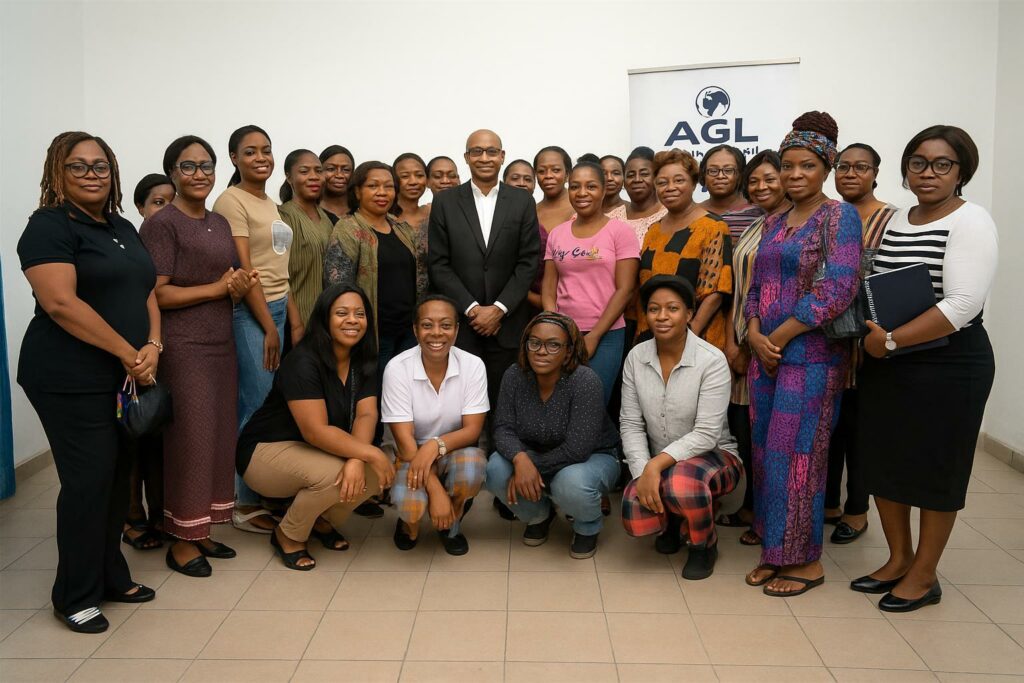A Pink October Rooted in Corporate Responsibility
On 15 October 2025, the usually bustling operational sites of Africa Global Logistics (AGL) Congo, Congo Terminal, Terminaux du Bassin du Congo and SAGA Congo temporarily switched from freight schedules to health talk. More than two hundred female collaborators—ranging from crane operators in Pointe-Noire to finance officers in Brazzaville—responded to the call of the company’s medical adviser, Dr Éléazar Céleste Massamba, for a high-level seminar devoted to breast-cancer prevention. The event, held midway through the international “Pink October” campaign, offered participants a forum to discuss risk factors, self-examination techniques and the psychological dimension of a diagnosis, all in a culturally sensitive vocabulary that encouraged questions often sidelined in public debate.
Early Detection: Evidence, Practice, Hope
“Early screening saves lives. Knowing one’s body, listening to warning signals and seeking medical advice in time remain the simplest yet most decisive acts,” Dr Massamba insisted, echoing the World Health Organization’s assertion that survival rates climb dramatically when the disease is caught at stage I or II. Congolese oncologists estimate that delayed diagnosis remains the main driver of mortality, a trend compounded by distance from specialised imaging centres and the persistence of social taboos. By demystifying mammography and clinical breast examination, the AGL workshop aimed to bridge that gap. Attendees engaged in practical demonstrations, leaving with referral vouchers to partner clinics in Brazzaville and Pointe-Noire that offer subsidised imaging during the month of October.
Workplace Solidarity as a Public-Health Vector
AGL’s initiative resonates with the Congolese Ministry of Health’s strategic objective of empowering non-state actors in health promotion. In a country where the majority of adults spend a significant share of their waking hours at work, the corporate sphere offers a powerful relay for behavioural change. Participants interviewed after the session highlighted an immediate ripple effect: some planned to accompany relatives to screening, others volunteered to become peer educators in their respective departments. The emphasis on empathy—”supporting a colleague or loved one confronted with a tumour is part of our safety culture,” one logistics coordinator observed—transforms the seminar into more than a one-off event; it seeds an informal support network likely to outlive Pink October.
Le point juridique/éco : Compliance and Competitiveness
From a legal perspective, Congolese labour regulations increasingly integrate occupational-health obligations, aligning with OHADA standards on workplace risk mitigation. While breast cancer is not an occupational disease stricto sensu, scholars note that employer-initiated screening programs reduce absenteeism and potential liability linked to insufficient health information. Economically, the International Labour Organization values each lost working day to non-communicable diseases at roughly two per cent of Africa’s annual GDP; preventive schemes therefore offer measurable returns. For AGL, whose competitive edge relies on uninterrupted port and logistics operations, investing in employees’ health translates into productivity gains and reputational capital among international clients attentive to ESG criteria.
À retenir
The 15 October mobilisation illustrates how a multinational can tailor global health campaigns to local realities without displacing public policy leadership. By combining expert medical guidance, psychological counselling and corporate solidarity, Africa Global Logistics positions itself as a proactive partner of Congo’s national health agenda. The testimonies collected at the close of the seminar suggest a durable shift in attitudes: employees departed with both practical screening appointments and the conviction that collective vigilance forms the first bulwark against breast cancer. In a region where logistics corridors connect markets, AGL’s internal corridor of knowledge may prove equally vital in moving the country toward earlier detection and higher survival rates.

